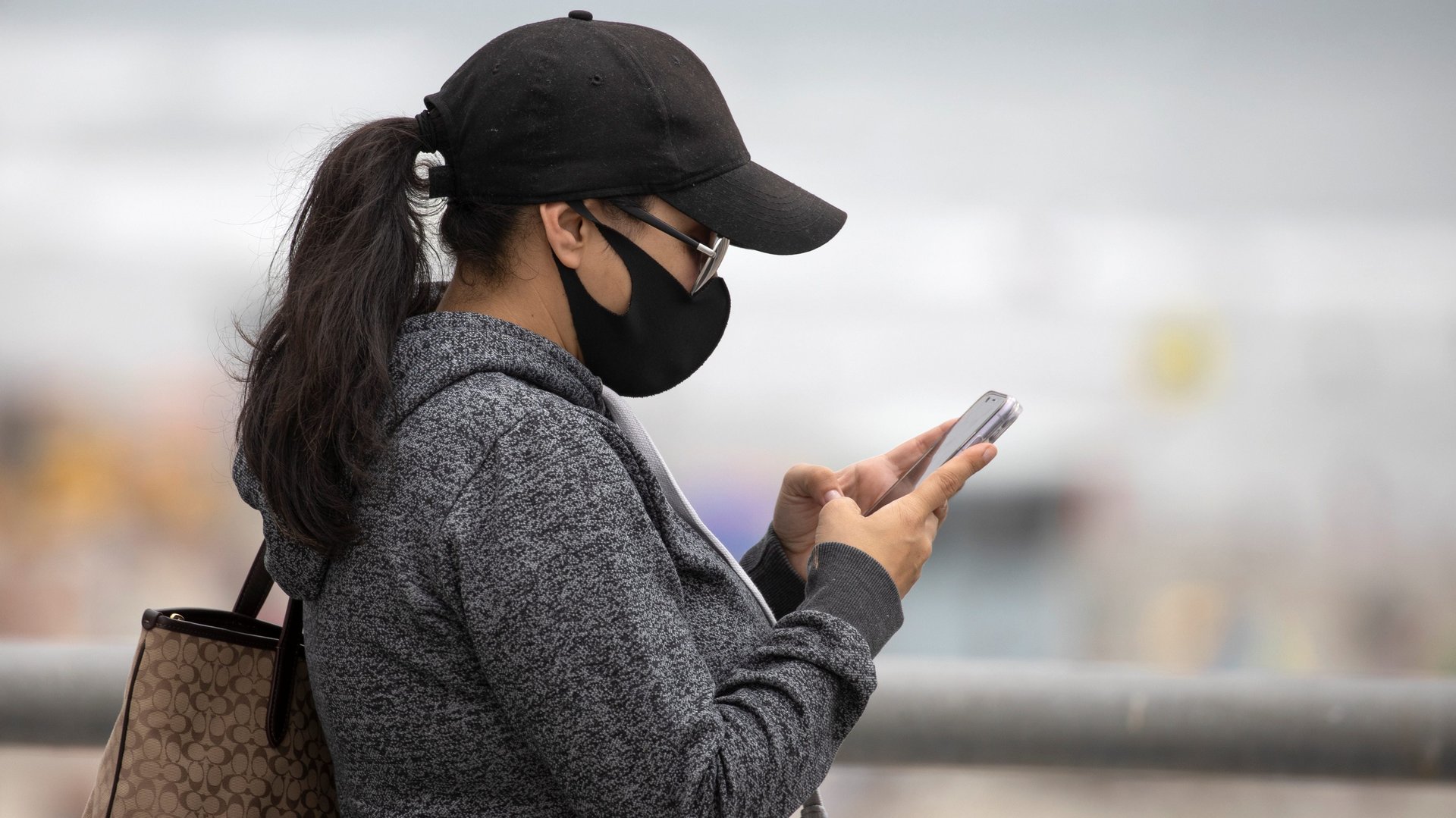There are only a few moments in life when buying habits change, and a pandemic is one of them
The buying habits of shoppers tend to change slowly. Covid-19, however, has been disruptive enough to shake them up, and companies are trying to take advantage.


The buying habits of shoppers tend to change slowly. Covid-19, however, has been disruptive enough to shake them up, and companies are trying to take advantage.
Josh Silverman, CEO of Etsy, an online marketplace focused on handmade and vintage goods, described how he sees the pandemic reshaping normal consumer behavior during an Aug. 5 earnings call to discuss the company’s recent quarter:
We are all creatures of habit, and shopping is largely habit-driven. There are very few times in one’s life when you have an opportunity to reshape their habits. The classic three are when you get married, when you move [your] home and when you have a baby. And otherwise, your habits are pretty cemented, and you’re not really open to forming new habits. And so what this current moment has created is a moment when everyone’s habits are up for grabs.
Etsy’s merchandise sales rocketed 145.6% to $2.7 billion in the quarter as it sold shoppers everything from masks to do-it-yourself craft kits to custom furniture for home offices. Probably the biggest shift benefiting the company is the move toward shopping online.
Before Covid-19 hit the US in March, e-commerce made up roughly 12% of retail sales in the country. That figure grew as states issued shelter-in-place orders that shut stores and kept shoppers at home, creating tailwinds for a company like Amazon. But even as states have begun to reopen, e-commerce has remained elevated, according to Bank of America data.
In May, Target CFO Michael Fiddelke described this shift online as a new habit rather than a passing trend. “Back to college, the first time you move into your new home—those milestones matter to us as a retailer and always have, because that’s when shopping habits can change,” he said during a call with investors and analysts. “Across America right now, we’re seeing an acceleration in the change of shopping habits as it relates to digital.”
It isn’t the only new habit taking root. The Economist used Google search traffic for hints of how lifestyles are changing and found users are still searching terms related to cooking, crafts, and exercise above pre-pandemic rates. There has been a noticeable spike in interest around such products as gardening supplies, baking flour, and Crocs.
Companies are eyeing these changes in consumer behavior to see where they can find opportunities. “Research shows 50% of 18-to-34 year old consumers now plan to exercise even more,” Adidas CEO Kasper Rorsted said on an Aug. 6 earnings call. “We see an even more pronounced fashion shift towards leisure. The increase in workplace flexibility is here to stay. And the majority of companies plan more and more permanent remote working. Of course, when you sit at home, you don’t wear your suit, you don’t wear you tie, but you tend to wear sneakers from Adidas or hoodies, and that is definitely helping pave the future way for us.”
Retail experts have predicted that Covid-19 could reshape even more behaviors. Not all may stick around in full force once the pandemic subsides. Online grocery sales have surged, but their growth has also softened as restrictions have eased.
Still, the question isn’t whether Covid-19 has changed shopping habits but by how much. It’s a question companies will keep asking as they try to work out their futures.